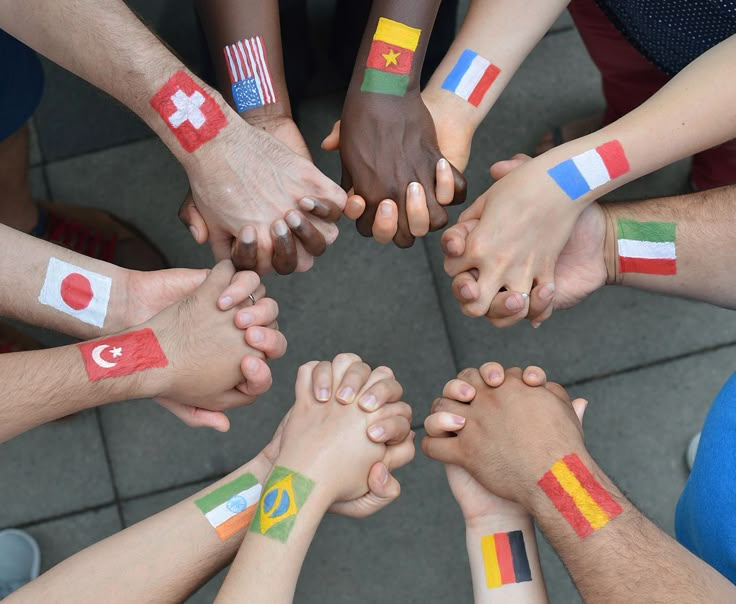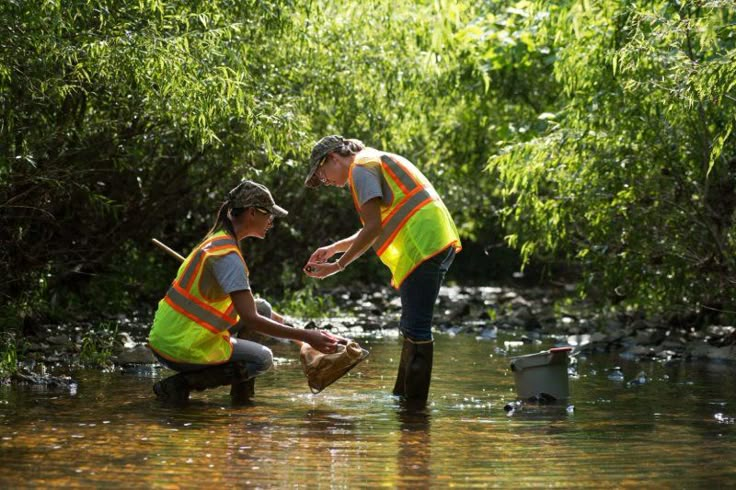The Impact of Politics on Culture

- Repoter 11
- 29 Jan, 2025
Politics and culture are two interconnected spheres that profoundly shape society. While culture refers to the shared values, traditions, practices, and ways of life of a particular group of people, politics refers to the governance structures, policies, and laws that regulate and organize society. The relationship between politics and culture is dynamic, with political decisions and policies impacting cultural expression, social norms, and collective identity. In turn, cultural movements can influence political ideologies and policy decisions. Here’s a look at how politics impacts culture: Governments often set the tone for cultural expression through policies, laws, and regulations. These policies can either promote or restrict cultural activities, such as art, music, literature, and film. For example, totalitarian regimes, like those in North Korea and during the Soviet Union, have historically censored or controlled artistic expression, limiting freedom of speech and the dissemination of information. In contrast, democratic governments tend to support a diverse cultural landscape by protecting freedom of expression, allowing a wide range of artistic activities and cultural practices to flourish. Politics plays a key role in shaping national identity and the preservation of cultural heritage. Political leaders and governments often use culture to foster a sense of national pride and unity. This can be seen in efforts to preserve traditions, historical landmarks, languages, and religious practices that are considered central to a nation's identity. For instance, many countries have laws to protect their indigenous languages, traditions, and historical monuments from outside influence or damage. Cultural movements are often precursors to political change. Throughout history, movements for civil rights, gender equality, and environmental justice have been deeply tied to cultural shifts in society. For instance, the civil rights movement in the United States not only fought for political rights but also sought cultural transformation, changing the way race and identity were perceived in American culture. Similarly, feminist movements have been successful in both changing laws related to gender equality and challenging patriarchal cultural norms. The political forces behind globalization have had a profound effect on cultural exchange. Political decisions regarding trade, international relations, and communication have created global networks that enable the rapid exchange of cultural ideas and products. Movies, music, fashion, and food from one culture can quickly become part of the global mainstream, as seen with the global spread of Hollywood films, K-pop, or Japanese anime. However, this has also led to concerns about cultural homogenization, where dominant cultures impose their values on others, potentially erasing local traditions and practices. Educational systems, often determined by political authorities, have a significant influence on cultural values and norms. Governments decide what should be taught in schools, which can affect how history, language, religion, and identity are understood and transmitted to younger generations. A national curriculum can shape the collective consciousness of citizens, instilling certain political ideologies or cultural values, such as nationalism or patriotism. When a country experiences political instability, such as war, revolution, or regime change, it often leads to cultural disruption. Conflicts can lead to the destruction of cultural heritage, displacement of people, and the breakdown of social structures. The ongoing civil war in Syria, for example, has led to the loss of historical sites and cultural practices, as well as a profound impact on the daily lives of its citizens. Cultural diplomacy has become an important political tool in international relations. Governments often use cultural exchange programs, art exhibitions, and festivals to promote their culture and build soft power abroad. For example, the U.S. has used programs like the Fulbright Scholarship and the Peace Corps to share American culture with the rest of the world, while countries like China and Russia have used art, cinema, and education to extend their influence globally. In summary, politics and culture are deeply intertwined. Political decisions shape cultural expressions, national identity, and social values, while cultural movements and ideas can drive political change. The way in which a government interacts with culture—whether through regulation, support, or suppression—has far-reaching effects on society. As the world becomes more interconnected through globalization, the political dimensions of culture are likely to evolve, with both positive and negative consequences. Therefore, understanding the impact of politics on culture is essential for comprehending the complex dynamics of modern society.1. Government Policies and Cultural Expression
2. National Identity and Cultural Preservation
3. Social Movements and Political Change
4. Globalization and Cultural Exchange
5. Education and Cultural Values
6. Political Instability and Cultural Disruption
7. Cultural Diplomacy and International Relations
Conclusion
Leave a Reply
Your email address will not be published. Required fields are marked *




